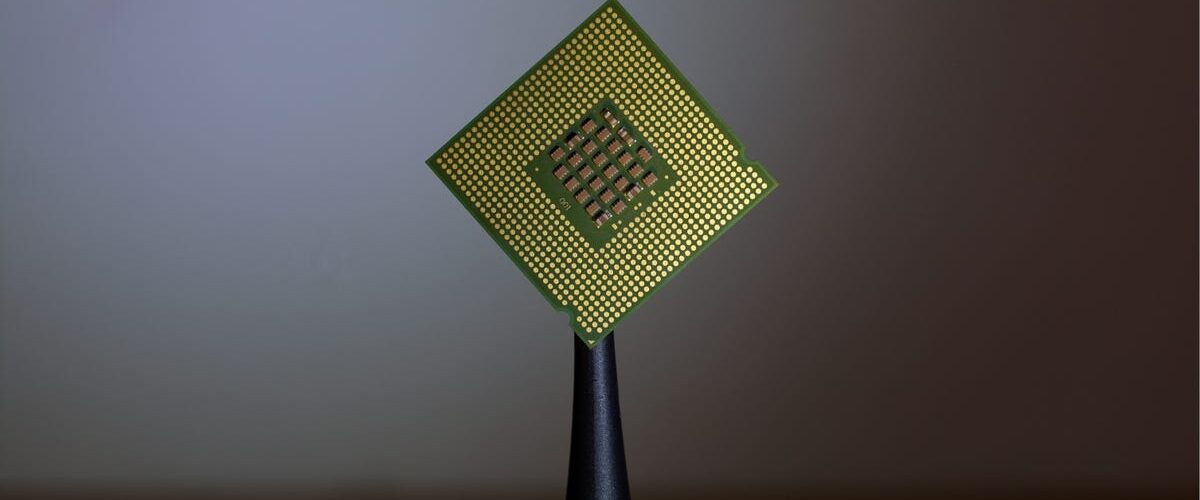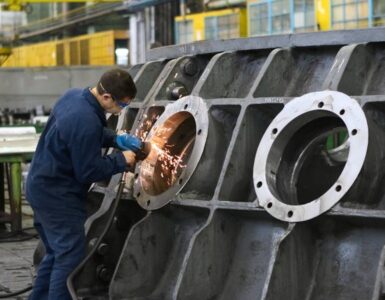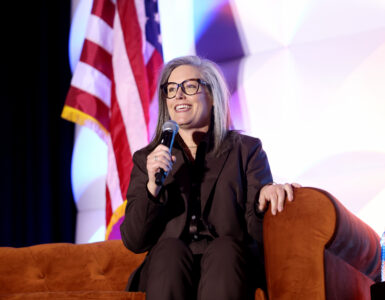This column by Danny Seiden originally appeared in the Phoenix Business Journal.
America’s strength has always come from its ability to build infrastructure, industries and innovations that transform the world. The CHIPS and Science Act is proof of that. It’s not just an investment; it’s a message that America is serious about leading in semiconductor manufacturing, the technology that powers everything from smartphones to fighter jets.
For Arizona, a national epicenter for semiconductor growth, the CHIPS Act has been a game changer.
With a new administration on deck, we have a real chance to fine-tune this landmark legislation and unlock its full potential. While President-elect Trump has expressed concerns about the law, it aligns closely with his goals of onshoring and strengthening the U.S. supply chain and creating more jobs for American workers. With targeted improvements, the CHIPS Act can further advance these priorities and bolster national security.
Here’s how the new administration can get it right:
Cut through red tape
Building semiconductor plants is no easy feat, and our painfully slow permitting process makes it even harder. Environmental reviews under the National Environmental Policy Act can drag on for over a year, even when expedited. While environmental safeguards are important, delays like these are costly and put the U.S. at risk of falling behind in the global race for semiconductor leadership. Streamlining the review process without sacrificing protections would allow projects to break ground faster, creating jobs and securing supply chains.
Rethink labor agreements
The law doesn’t require bidders to use project labor agreements, which favor unionized labor and increase costs, but the Biden administration had strongly encouraged them. In right-to-work states like Arizona, where the construction industry is largely nonunionized, the White House’s pro-union posture risks keeping many qualified contractors from participating, slowing down projects and driving up expenses.
Flexibility is key. The next administration should be neutral on whether CHIPS projects are built with union labor and instead keep the focus on hiring workers who have the skills to get the job done safely, on time and on budget.
Fix profit-sharing rules
The CHIPS Act includes a profit-sharing provision requiring companies to share “excess profits” with the government if their projects perform better than expected. While meant to ensure accountability for public funds, the vague guidelines create significant uncertainty. Companies are left guessing how much they might owe or when, which discourages investment.
This kind of unpredictability can have a chilling effect on investment decisions, particularly for companies weighing high-stakes, long-term commitments. For companies making large-scale investments, predictability isn’t a luxury – it’s a necessity. Worse, the ambiguity can lead businesses to overestimate profits to avoid penalties, upsetting shareholders and triggering regulatory scrutiny. Imagine investing billions in a facility only to face penalties for exceeding expectations. Clearer, more predictable rules would give companies the confidence to invest in critical semiconductor projects without fear of being penalized for success.
The CHIPS Act is about more than just building factories; it’s about securing America’s future. Semiconductors are the foundation of modern life and critical to our economic and national security. If we want to stay ahead of global competitors like China, we need to double down on what’s working and fix what isn’t.
For Arizona, the stakes couldn’t be higher. As one of the country’s fastest-growing semiconductor hubs, we’re seeing firsthand how the CHIPS Act attracts investment, creates jobs and drives innovation. But delays, unnecessary costs and uncertainty threaten to hold us back.
The incoming administration has a chance to make the CHIPS Act a model of effective policy. By addressing these challenges and making smart adjustments, we can unlock the full power of this law and solidify domestic leadership in advanced manufacturing for generations to come.
When America commits to building, we don’t just compete – we lead. Let’s make sure the CHIPS Act keeps us in the driver’s seat.
Danny Seiden is president and CEO of the Arizona Chamber of Commerce & Industry.
















Add comment